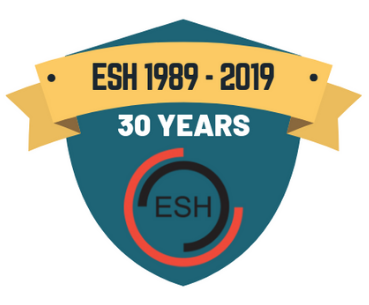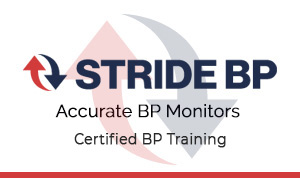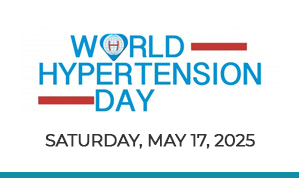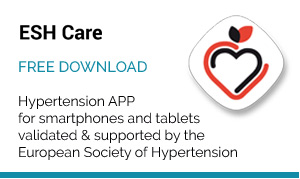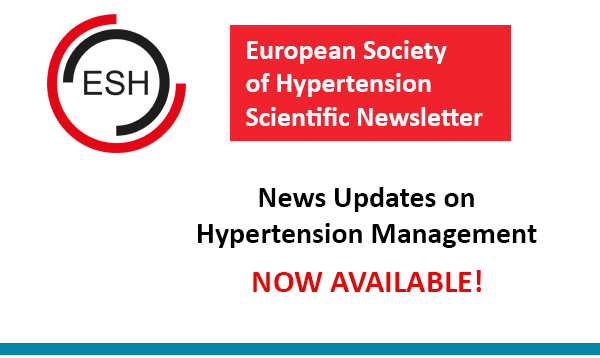20th European Meeting on Hypertension
Monday, 21st June – Aliskiren, a direct renin inhibitor, provides effective blood pressure (BP) control in combination with hydrochlorothiazide (HCTZ) and amlodipine regardless of baseline plasma renin activity (PRA) in patients with hypertension, according to findings from a new study. Aliskiren was well tolerated as monotherapy and when used in combination with other antihypertensive medications.
Although aliskiren is established as an effective antihypertensive agent, it is not known whether its BP-lowering effects are dependent on baseline PRA levels. The current study was defined to evaluate the ability of aliskiren to control BP alone and in combination with other antihypertensive medications in patients with various baseline PRA levels. Dominique Richter, MD, Jarny, France, presented findings of the prospective, open-label trial.
The study included 256 patients with elevated systolic (140 mm Hg to 179 mm Hg) and diastolic (90 mm Hg to 109 mm Hg) BP. After an optional washout period and a placebo run-in period, all patients started active treatment with aliskiren at a dose of 150 mg once daily. Patients who did not achieve BP targets after 4 weeks received increasingly aggressive therapy, including the addition of HCTZ and amlodipine, at 4-week intervals for a maximum of 6 treatment periods until the goal BP was attained.
The primary endpoint was the percentage of patients achieving BP targets, defined as <140/90 mm Hg for non-diabetic subjects or <130/80 mm Hg in those with diabetes. Systolic BP (SBP) and diastolic BP (DBP) responses were also defined as reductions of ≥20 mm Hg and ≥10 mm Hg from baseline, respectively.
Patients had a variety of cardiovascular risk factors at baseline, including obesity (37.1%), diabetes (34.4%), moderate hypertension (44.5%), and renal impairment (7.4%). The mean patient age was 55.4 years, and the mean seated BP as 156/92 mm Hg. In this analysis, patients were stratified according to baseline PRA level, defined as low (≤ 0.65 ng/ml/hr) or moderate to high (>0.65 ng/ml/hr).
Overall, 87% of patients achieved target BP levels with the most intensive regimen, which consisted of aliskiren, HCTZ, and amlodipine. BP control with triple combination therapy was equally effective across patient groups, including those with low PRA (87%) and moderate to high PRA (87%) at baseline. In addition, combination therapy with aliskiren, HCTZ, and amlodipine resulted in a SBP response in 96% to 97% of patients and a strong DBP responses in 96% to 100% of patients. By comparison, 30% to 60% of patients achieved BP responses with aliskiren monotherapy, and 68% to 89% of patients achieved BP responses with aliskiren plus HCTZ.
Aliskiren was well tolerated as monotherapy and in combination with other antihypertensive medications. The overall adverse event rate was 14.8% in the aliskiren monotherapy group, 12.2% in the aliskiren plus HCTZ group, and 6.7% in the triple combination therapy group. First-line treatment with aliskiren, with the addition of HCTZ and amlodipine as needed, provides an important treatment option for clinicians involved in the management of patients with hypertension, Dr. Richter concluded.

